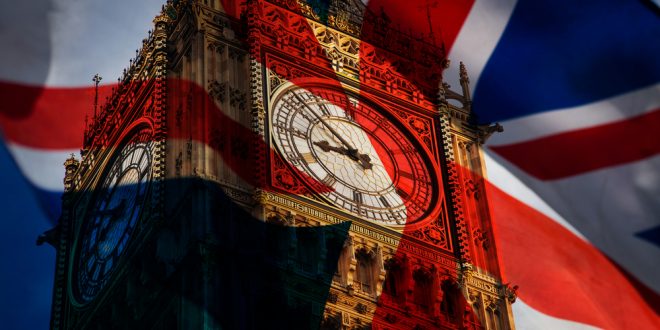In a significant development for the UK economy, inflation has finally fallen back to the Bank of England’s 2% target for the first time in nearly three years. This encouraging news has sparked hopes that the central bank may soon begin easing its monetary policy and cutting interest rates.
The consumer price index (CPI) rose by 2.0% annually in the 12 months leading up to May 2024, matching expectations and marking the slowest increase since July 2021. On a monthly basis, the CPI rose by a modest 0.3%, falling short of the 0.4% forecast.
The decline in food prices and a slight increase in motor fuel prices were the main drivers of the monthly change, according to the Office for National Statistics. Core inflation, excluding volatile items like food and energy, also eased to 3.5% annually, in line with expectations.
This positive development aligns with the broader global trend of disinflation, following recent benign inflation data from the U.S. It also marks a significant shift from the sustained period of high inflation in the UK, which peaked at a staggering 11.1% in October 2022, the highest level since 1981.
The timing of this news is particularly noteworthy, as it comes just ahead of the Bank of England’s latest interest rate decision on Thursday. While the central bank is widely expected to maintain its current rates for now, the recent drop in inflation has fueled speculation that rate cuts may be on the horizon.
Since December 2021, the BoE has steadily increased interest rates, reaching a peak of 5.25%, in an effort to curb inflation and bring it in line with its 2% target. With inflation now under control, the central bank may have the flexibility to consider easing monetary policy to support economic growth.
 Noor Trends News, Technical Analysis, Educational Tools and Recommendations
Noor Trends News, Technical Analysis, Educational Tools and Recommendations





